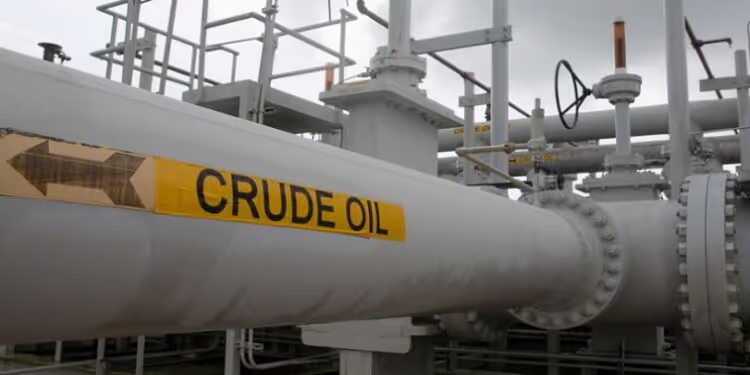.png)
Refineries across sub-Saharan Africa combined can process 1.36million barrels of oil a day (bpd), in theory, but with many out of action, only 30% of that capacity was used last year, according to independent consultancy CITAC.
Refineries in Cameroon, Ghana and Senegal are shut, as are four in South Africa. Africa’s biggest oil producer, Nigeria, pumps over 1.3 million barrels a day, but the two privately owned plants still running there can only process 1% of that.
The African Export-Import Bank and the African Petroleum Producers’ Organization signed a deal in May to create a multi-billion-dollar “energy bank” to boost private investment in the sector but analysts say there a few quick fixes on the horizon
Fuel shortages are also hitting Western nations, but the impact in Africa is expected to be longer lasting as governments and companies are generally less able to afford the sky-high cost of imported fuel, or come up with the millions of dollars needed to get refineries running again at full tilt.
“It is likely that the situation may get much worse in the short term,” Anibor Kragha, head of the African Refiners & Distributors Association (ARDA), told Reuters.
Big Western oil companies have been withdrawing from refinery projects in Africa in recent years and local investors and governments have largely failed to plug the gap, leading to a chronic lack of investment in modernizing facilities.
The upshot is that despite the continent’s estimated 125 billion barrels of oil reserves and 600 trillion cubic feet of natural gas, African countries rely almost exclusively on imported petroleum products to power their economies.
Even major crude oil exporters, Nigeria and Angola, depend on imports for almost 80% of their domestic fuel needs, government officials say.
Thank you Reuters for the Great article.

.png)
Contribute to your future, a Non Profit Organization and buy us a Coffee with 3 simple clicks and a minute of your time. Imagine what we can do together.
To thank you, we will call you personally.
This is the amount that will be distributed amongst the current shareholders.
Current Share Holders
1102/500,000